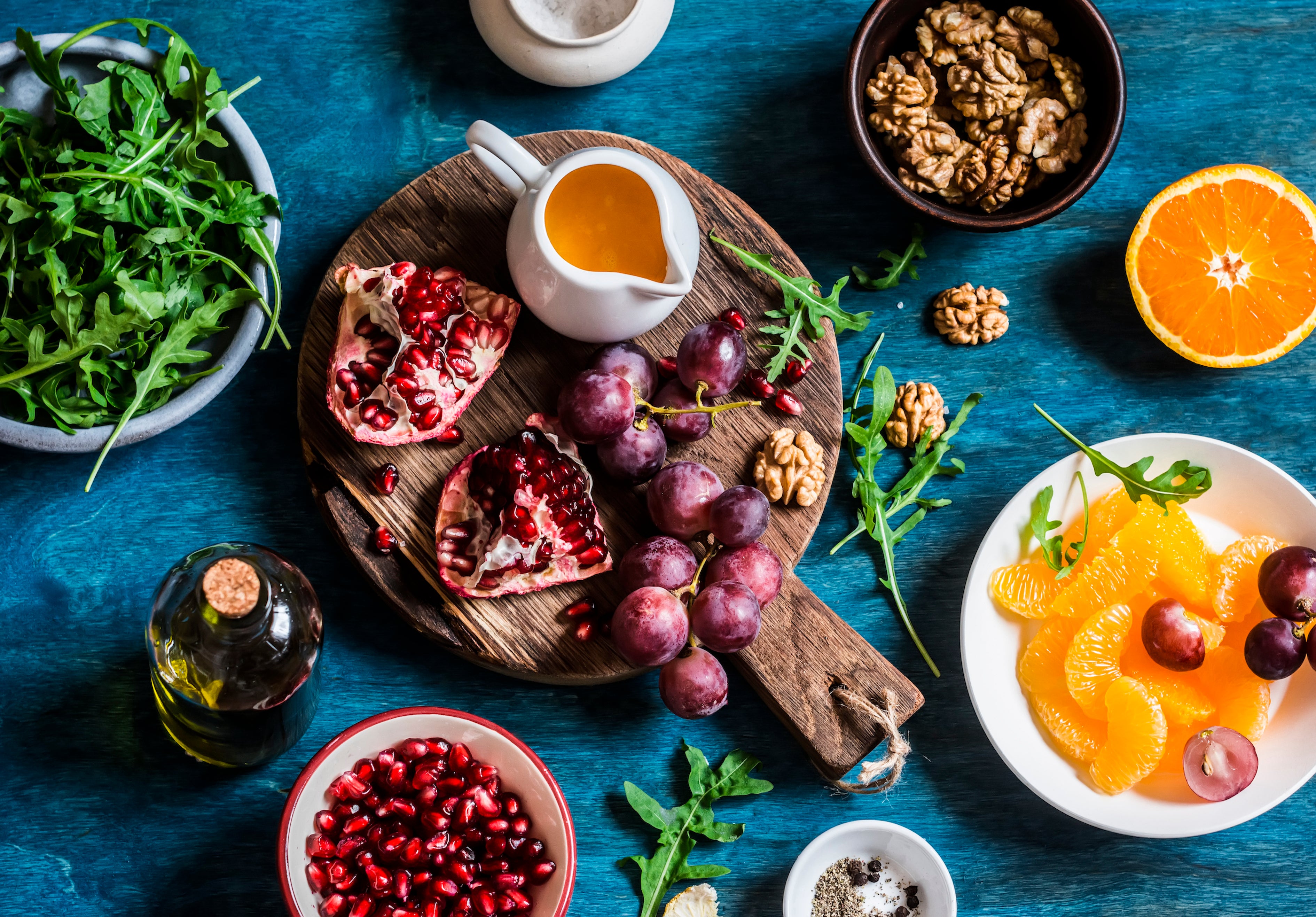Understanding collagen loss: why it happens and how to prevent it

Boost your collagen with fresh, healthy ingredients for glowing skin.
As we age, one of the most significant changes in our bodies is the gradual decline of collagen, the essential protein responsible for maintaining the structure and elasticity of our skin. Collagen loss can lead to visible signs of ageing such as wrinkles, sagging skin, and reduced skin elasticity. But why does this happen, and what can we do to combat it? In this article, we will delve into the causes of collagen loss, identify the symptoms, explore if the process is reversible, and provide practical tips for maintaining healthy, youthful skin. Keep reading to discover how you can effectively manage collagen loss and keep your skin looking its best.
What is collagen and what causes its loss
Collagen is the most abundant protein in the body, making up about a third of its protein content. It acts as a "glue" that holds everything together, providing structure to our skin, bones, tendons, ligaments, and other connective tissues. There are several types of collagen, but Types I, II, and III are the most common, each serving different functions in the body.
As we age, our bodies naturally produce less collagen. This decline typically starts in our mid-20s and accelerates in our 40s, particularly for women after menopause. Several factors contribute to collagen loss, including:
- Ageing: Natural decrease in collagen production.
- UV exposure: Ultraviolet rays from the sun damage collagen fibers and blood vessels, accelerating skin aging.
- Smoking: Tobacco use constricts blood vessels and reduces blood flow, impairing collagen production.
- Diet: Excessive sugar intake leads to advanced glycation end products (AGEs) that cause collagen damage.
- Environmental pollutants: Toxins in the environment can degrade collagen.
- Internal toxins: Toxins from the digestive tract can enter the bloodstream and trigger immune responses that degrade collagen.
Symptoms of collagen loss
Collagen loss affects not only the skin but also other parts of the body. Here are some common symptoms:
- Skin: Wrinkles, sagging, and reduced elasticity.
- Joints: Stiffness and joint pain due to reduced cartilage.
- Bones: Decreased bone density, making bones more prone to fractures.
- Muscles: Loss of muscle mass and strength.
Is this process reversible?
While we cannot completely reverse collagen loss, we can slow it down and even boost collagen production with the right strategies. Various treatments and lifestyle changes can help maintain and even improve collagen levels in the body.
Best things to consider if you want to maintain healthy skin.
Achieving radiant, healthy skin isn’t just about using the right creams or undergoing treatments. It’s a holistic approach that combines smart dietary choices, beneficial lifestyle habits, and an effective skincare routine. If you’re looking to keep your skin glowing and youthful, here are some key factors to consider that can make a real difference.
Foods rich in collagen
A balanced diet plays a critical role in collagen production. Foods rich in amino acids, vitamin C, zinc, and copper are essential as they support the body in making collagen. Here are some collagen-boosting foods:
- High-Protein Foods: Chicken, fish, beef, eggs, and dairy products.
- Bone Broth: Simmering animal bones in water extracts collagen and other nutrients that support skin health.
- Vitamin C-Rich Foods: Citrus fruits, tomatoes, and leafy greens.
- Zinc and Copper Sources: Shellfish, nuts, whole grains, and beans.
Collagen drinks
Incorporating collagen drinks into your diet can be a convenient way to boost collagen levels. These beverages often contain hydrolyzed collagen, which is easier for the body to absorb. Options range from collagen-infused smoothies and teas to our unique collagen coffee capsules. These capsules combine the energizing benefits of coffee with a collagen boost, making your morning routine even more beneficial for your skin.
Hydration
Keeping your skin hydrated is vital for maintaining its elasticity and health. Drink plenty of water throughout the day to ensure your skin remains supple and well-hydrated.
Use SPF
Protecting your skin from UV damage is crucial in preventing collagen breakdown. Using a broad-spectrum sunscreen with at least SPF 30 can help shield your skin from harmful UV rays, preserving your collagen levels.
All about our collagen drink for youthful skin

Our product is infused with vitamin C, biotin and selenium
Boosting your collagen intake is essential for maintaining youthful skin. Our drink is specially formulated to enhance your skin's health by promoting collagen production. It’s enriched with hydrolyzed peptides, vitamins, and minerals that work together to improve skin elasticity and hydration.
Additionally, our unique coffee capsules seamlessly integrate collagen into your daily routine. Infused with high-quality peptides, these capsules not only offer the energizing benefits of coffee but also support your skin’s structural integrity, helping to reduce the appearance of fine lines and wrinkles
Conclusion
Understanding and addressing collagen loss is crucial for maintaining healthy, youthful skin. By incorporating collagen-rich foods, staying hydrated, protecting your skin from the sun, and using effective collagen supplements you can significantly slow down the aging process and enhance your skin's appearance.
For more tips and information on how to keep your skin looking its best, stay tuned to our blog and explore our range of products designed to support your skin health from within.
sources:








